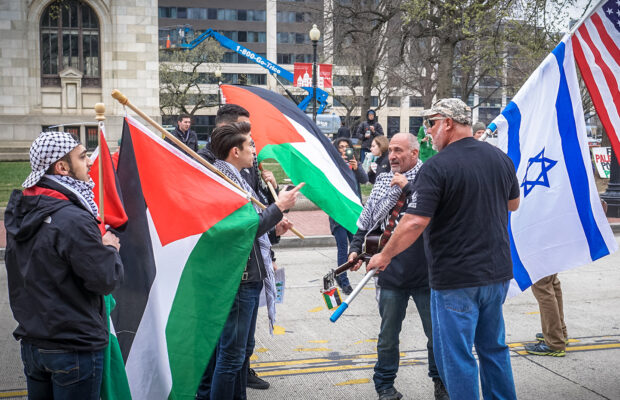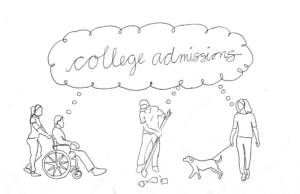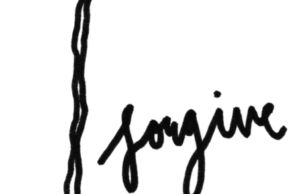Chipping away at campus free speech

Since the First Amendment passed in 1791, Americans have exercised their right to freedom of religion, speech, press, assembly and petition. Recently, nationwide university protests about the Israel-Hamas war have drawn attention to the most basic First Amendment rights: freedom of speech and assembly.
We have been taught that our opinions will be heard and valued, yet when it comes to global issues, we are told we are too “young” or do not have enough knowledge to advocate for what we believe in. As journalists and a public school publication, the First Amendment is crucial for us to spread our messages. More than half of the current Prowler staff are seniors planning to attend universities all over the country. We question how our rights will be protected as we become college students as well as wondering how high school publications will be affected by the current events.
This is not the first time unrest at universities has existed. In 1964, protests broke out during the Vietnam War. Although some of these protests were violent and went beyond the First Amendment’s protection, in recent weeks, students have remained mostly peaceful, yet have still been facing consequences for exercising their rights. We feel although universities claim to honor students’ right to protest, they have clearly blurred the line as to which protests are peaceful compared to violent.
Stated in the First Amendment’s Freedom of Speech Clause, governments are refrained from prohibiting free speech unless the speech includes defamation, fraud, obscenity, criminal conduct, violence, threats or obscene material. Additionally, the right to assemble peacefully goes hand in hand with the Freedom of Speech Clause. Protesters should be allowed to express their personal and political opinions on campus at universities as long as their actions do not violate any laws or incite violence.
Since public universities receive public funds, they fall under the same requirements that govern speakers on public properties. Public universities can have time, place and manner restrictions on campus. Universities have used these restrictions to control protestor encampments on campus. While protesters at private universities do not have the same rights as protesters at public universities, as they are dependent on having their own internal policies that protect students’ freedom of speech. Protesters believe camping is a protected expression, however, it is not protected by the First Amendment when students are explicitly asked to leave, which is a form of trespassing. Schools have been led to request police intervention following students’ refusal to leave the private property. We believe that the university’s responses to the protests are often unnecessary and dramatized by the administration.
Currently, students continue to protest despite the attempts from universities to shut down their encampments and restrain their freedom of speech and assembly rights. We believe it is important for students to exercise their First Amendment right as long as it remains in a peaceful, non-violent manner. Instead of being prevented from participating in civic life, students should be applauded for remaining active in current events. Students should feel visible and universities should hear what they are asking for instead of ignoring the message and inflicting consequences for their impactful actions.


